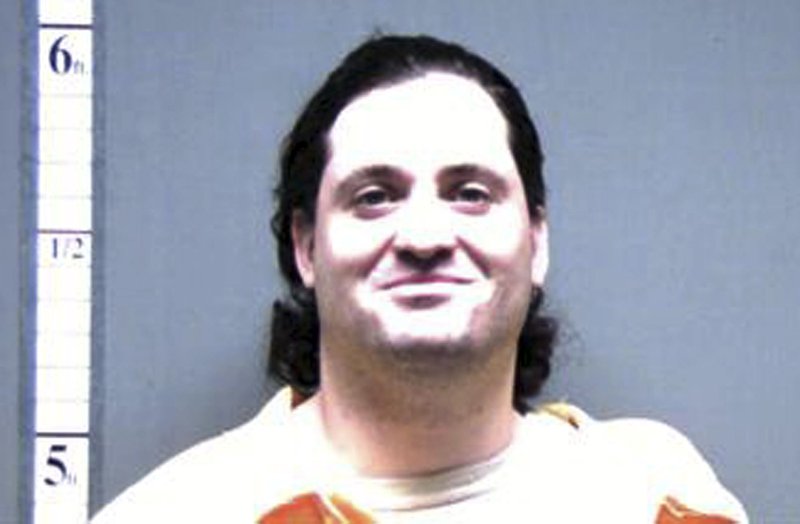HARTFORD, Conn. -- Three years after Connecticut abolished the death penalty for any future crimes, the state's highest court on Thursday spared the lives of 11 men facing execution, saying it would be unconstitutional to execute them.
Within minutes, a lawyer with the chief public defender's office said he was getting on the phone with his office's clients to share the news.
"There will be no more death row," said Michael Courtney, the leader of the office's capital defense unit.
The ruling comes in an appeal from a 12th inmate, Eduardo Santiago, whose attorneys had argued that any execution carried out after the 2012 repeal would constitute cruel and unusual punishment. Santiago, whose first sentence was overturned, faced a second penalty hearing and the possibility of lethal injection for a 2000 murder-for-hire killing in West Hartford.
The Connecticut Supreme Court, in a sharply divided 4-3 ruling, agreed with his position, ruling that the death penalty "no longer comports with contemporary standards of decency and no longer serves any legitimate penological purpose."
"For these reasons, execution of those offenders who committed capital felonies prior to April 25, 2012, would violate the state constitutional prohibition against cruel and unusual punishment," Justice Richard Palmer wrote for the majority.
Those inmates include Joshua Komisarjevsky and Steven Hayes, who were sentenced to death for killing a mother and her two daughters in a 2007 home invasion in Cheshire.
The 2012 repeal, which set life in prison without the possibility of release as the punishment for crimes formerly considered capital offenses, was passed prospectively by lawmakers despite public anger over the prospect that Komisarjevsky and Hayes might be spared execution.
In his ruling, Palmer wrote that it would not be permissible to execute other convicts "merely to achieve the politically popular end of killing two especially notorious inmates."
The ruling drew harsh criticism from the three dissenting justices and legislative Republicans.
"In making this determination, the majority disregards the obvious: the legislature, which represents the people of the state and is the best indicator of contemporary societal mores, expressly retained the death penalty for crimes committed before the effective date of [the repeal]," wrote Chief Justice Chase Rogers.
Dr. William Petit, who was beaten but survived the home invasion that killed his wife and daughters, criticized Thursday's ruling.
"The dissenting justices clearly state how the four members of the majority have disregarded keystones of our government structure such as the separation of powers and the role of judicial precedent to reach the decision they hand down today," Petit said in a statement.
Santiago was sentenced to lethal injection in 2005 for the killing of 45-year-old Joseph Niwinski. But the state Supreme Court overturned the death sentence and ordered a new penalty phase in 2012, saying the trial judge wrongly withheld key evidence.
Santiago's mother expressed joy Thursday that her son no longer had to fear execution.
"It's a big weight lifted off everyone," Christina Hagarty said. "Good things come to those who wait."
Democratic Gov. Dannel Malloy issued a statement Thursday saying those who have been on death row will spend the rest of their lives in state prisons.
"Today is a somber day where our focus should not be on the 11 men sitting on death row, but with their victims and those surviving families [sic] members," he said.
Information for this article was contributed by Michael Melia and Dave Collins of The Associated Press.
A Section on 08/14/2015

